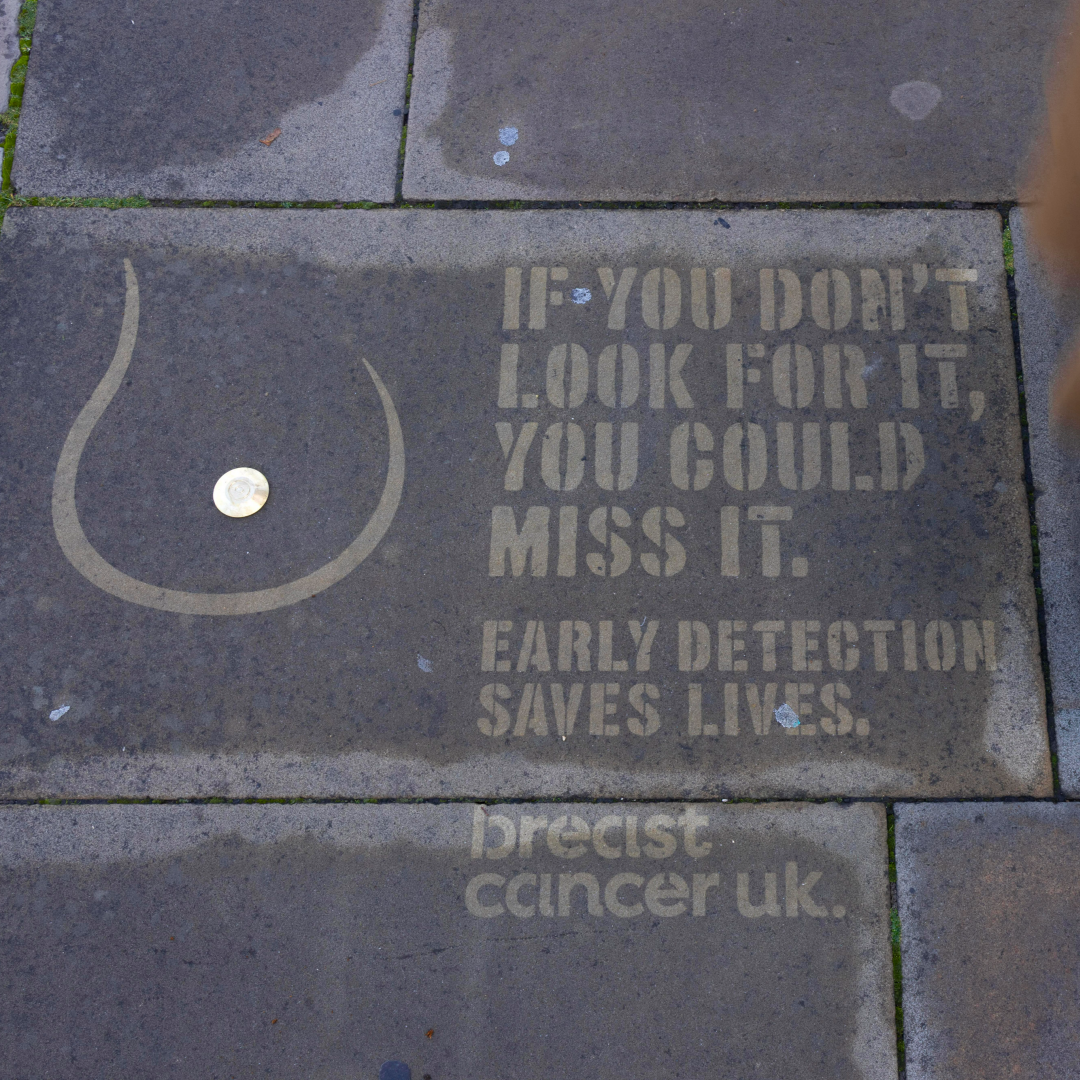Fresh air can cut the risk of coronavirus
The risk of coronavirus can apparently be reduced significantly by 70% through regularly ventilating enclosed areas.
The Government has launched a short film to highlight how the risk of coronavirus can be reduced significantly by 70%* through regularly ventilating enclosed areas. This forms part of the wider Hands. Face. Space. public information campaign.
The film illustrates how coronavirus lingers in the air in spaces with no ventilation - increasing the risk of people breathing in particles and droplets exhaled from the nose and mouth of an infected person as they breathe, speak or cough. It was created with scientists and an engineer at Leeds University, to help reduce the risk of the virus spreading.
As the majority of virus transmissions happen indoors, experts are encouraging members of the public to either open windows for short, sharp bursts of fresh air for 10 to 15 minutes regularly throughout the day or leave windows open a small amount continuously. This will remove any infected particles lingering in the room.
Airing indoor spaces is particularly important when:
- people have visitors (when permitted) or tradespeople in their home, for example for construction or emergencies
- someone from a support bubble is meeting with another household indoors
- a care worker is seeing a patient indoors
- someone in the household has the virus, as this can help prevent transmission to other household members.
GP, Dr Zoe Williams said: “In the winter when we all tend to spend more time indoors, fresh air is extremely beneficial. to help reduce transmission of COVID-19, in case someone in your home has the virus. It is important to ventilate indoor spaces, as this can help to remove virus particles from the air and protect other household members”
“You should also let fresh air into your home when you have any visitors and for a short time after they leave in case, they are infected. Remember, opening windows alongside washing your hands, covering your face and making space is also essential in reducing your risk of COVID-19.”
Professor Catherine Noakes, from Leeds University who advised on the film, said: “When a room does not have any fresh air, and where people are generating large amounts of aerosol through activities such as singing and loud speech, that is when transmission of coronavirus is most likely. Fresh air must come from outdoors - recirculating air just means the aerosols containing the virus move around the same room rather than being extracted outdoors.”
Additionally, it is advised that any household systems that use outdoor air, including kitchen or bathroom extractor fans, are used correctly and regularly as an additional method to remove infected particles.
Visit gov.uk/coronavirus for more information
More like this
10.09.25




